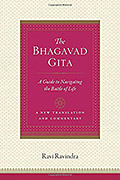
|
by Ravi Ravindra
A new translation of the great classic with wide-ranging, multi-traditional commentary that emphasizes its practical advice for living with integrity.
|
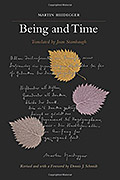
|
by Martin Heidegger
The publication in 1927 of Martin Heidegger’s magnum opus signaled an intellectual event of the first order and had an impact in fields far beyond that of philosophy proper. Being and Time has long been recognized as a landmark work of the twentieth century for its original analyses of the character of philosophic inquiry and the relation of the possibility of such inquiry to the human situation.
|

|
by Paul Auster
Paul Auster’s greatest, most heartbreaking and satisfying novel — a sweeping and surprising story of birthright and possibility, of love and of life itself.
|

|
by John Gardner
John Gardner’s sweeping portrait of the collision of opposing philosophical perspectives in 1960s America, centering on the appearance of a mysterious stranger in a small upstate New York town.
|

|
by Martha C. Nussbaum
In this wide-ranging book, Martha C. Nussbaum, one of our leading public intellectuals, argues that anger is conceptually confused and normatively pernicious. It assumes that the suffering of the wrongdoer restores the thing that was damaged, and it betrays an all-too-lively interest in relative status and humiliation.
|
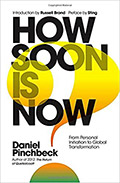
|
by Daniel Pinchbeck
Drawing on extensive research, Daniel Pinchbeck presents a compelling argument for the need for change on a global basis. The central thesis is that humanity has unconsciously self-willed ecological catastrophe to bring about a transcendence of our current condition.
|
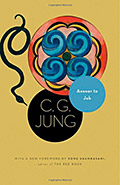
|
by C. G. Jung
Considered one of Jung's most controversial works, Answer to Job also stands as Jung's most extensive commentary on a biblical text. Here, he confronts the story of the man who challenged God, the man who experienced hell on earth and still did not reject his faith.
|
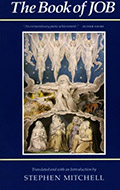
|
by Stephen Mitchell
The theme of The Book of Job is nothing less than human suffering and the transcendence of it: it pulses with moral energy, outrage, and spiritual insight. This is the first time ever that the Hebrew verse of Job has been translated into verse in any language, ancient or modern, and the result is a triumph.
|
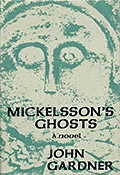
|
by John Gardner
On the verge of bankruptcy, separated from his wife, in questionable mental health, and drinking heavily, Mickelsson decides to buy a country house in northeastern Pennsylvania. What he encounters there are impassioned and shameless love affairs, a Mormon extremist cult, small town mythologies, the robbery of a robber, multiple murders, the ghosts of an incestuous family, Plato, and our hero's own possible insanity.
|